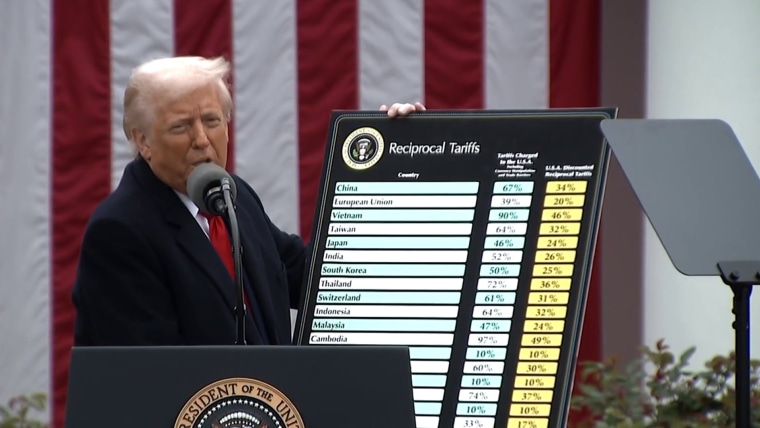WASHINGTON — The Supreme Court on Thursday allowed the Trump administration to enforce a policy aimed at limiting transgender rights that would restrict sex designations on passports to “male” and “female” based on sex assigned at birth.
The justices granted an emergency request filed by the administration, which is seeking to reverse a policy introduced during the Biden administration that allowed people to put “X” as a gender marker or self-select male or female.
“Displaying passport holders’ sex at birth no more offends equal protection principles than displaying their country of birth—in both cases, the Government is merely attesting to a historical fact without subjecting anyone to differential treatment,” the court said in the unsigned order.
The three liberal justices on the conservative-majority court dissented.
“The Government seeks to enforce a questionably legal new policy immediately, but it offers no evidence that it will suffer any harm if it is temporarily enjoined from doing so, while the plaintiffs will be subject to imminent, concrete injury if the policy goes into effect,” Justice Ketanji Brown Jackson wrote in a dissenting opinion.
Since 1992, the State Department has, in certain circumstances, allowed people to choose a male or female marker that does not correspond to their genders at birth. The Biden administration introduced the “X” option in 2021 and made it easier for transgender applicants by removing the need for medical proof of gender transition.

The Trump policy effectively means that transgender people, even those who have fully transitioned and have medical records to prove it, will not be able to have gender markers that correspond with their identities.
President Donald Trump announced on his first day in office, Jan. 20, a rollback of the Biden rule and also said people must have passports that reflect their genders at birth.
The Trump policy was challenged by several transgender people, who alleged that it violated their right to equal protection under the Constitution’s Fifth Amendment, as well as a federal law called the Administrative Procedure Act.
Ashton Orr, a transgender man from West Virginia, is the named plaintiff in the case. He applied for a passport with a male sex marker in January and, in February, was told by the State Department that he could have only a female sex marker.
A federal judge in Massachusetts ruled against the administration, saying people should be able to choose their own markers or “X” as an alternative. The Boston-based 1st U.S. Circuit Court of Appeals declined to put the ruling on hold while litigation continued.
The new Trump policy is “eminently lawful,” Solicitor General D. John Sauer said in court papers. “The Constitution does not prohibit the government from defining sex in terms of an individual’s biological classification,” he argued.
Lawyers for the plaintiffs — Orr and six other transgender people — say the Trump policy bucks a 30-year trend of giving applicants a choice over how they are identified.
“This new policy puts transgender, nonbinary, and intersex people in potential danger whenever they use a passport,” the lawyers wrote in court papers.








